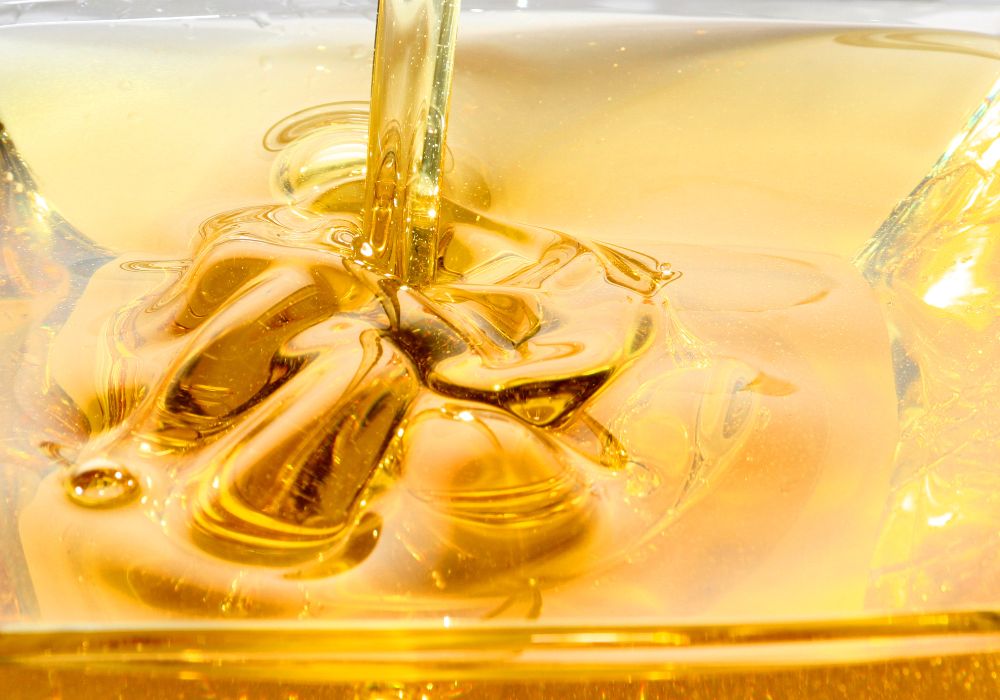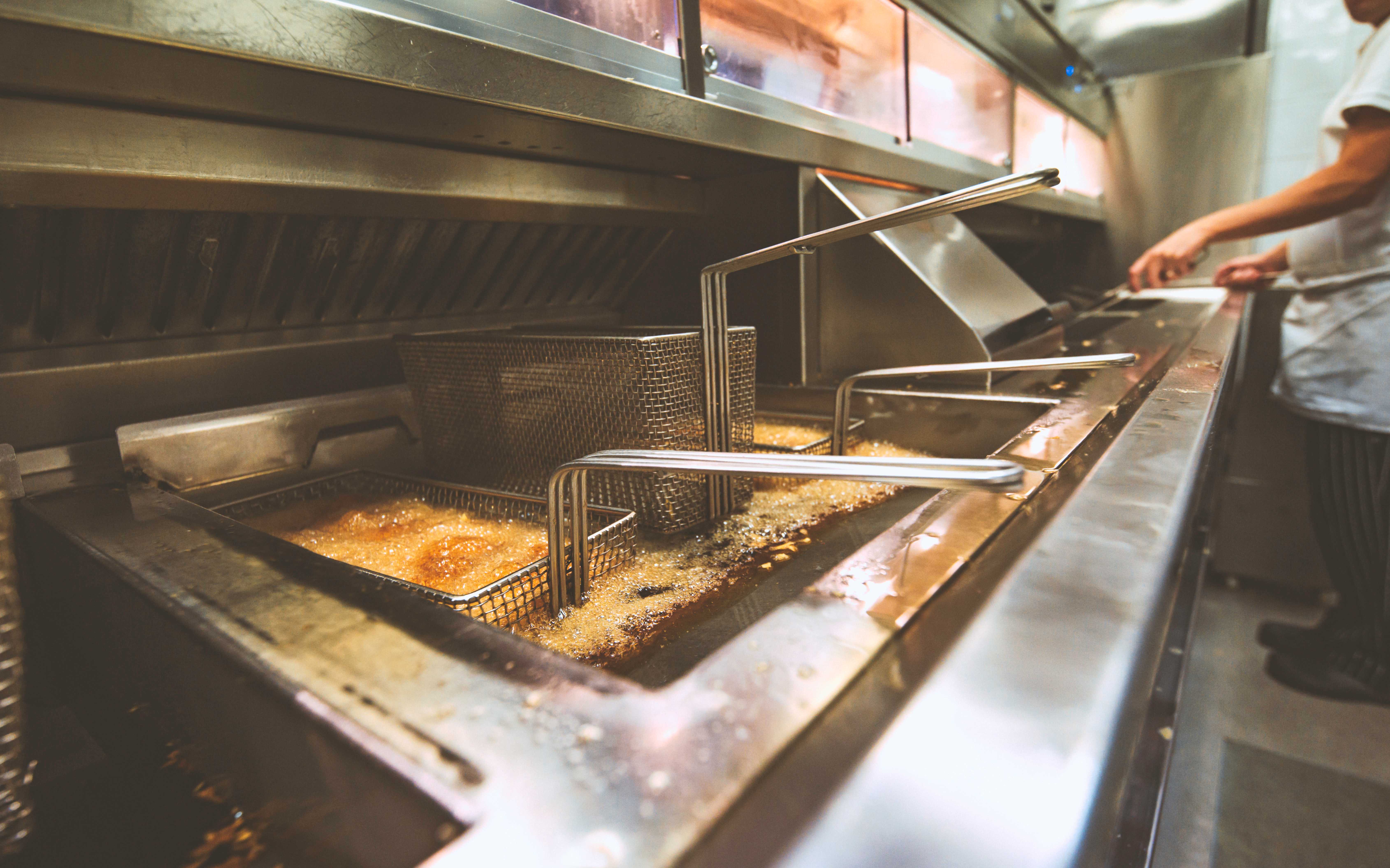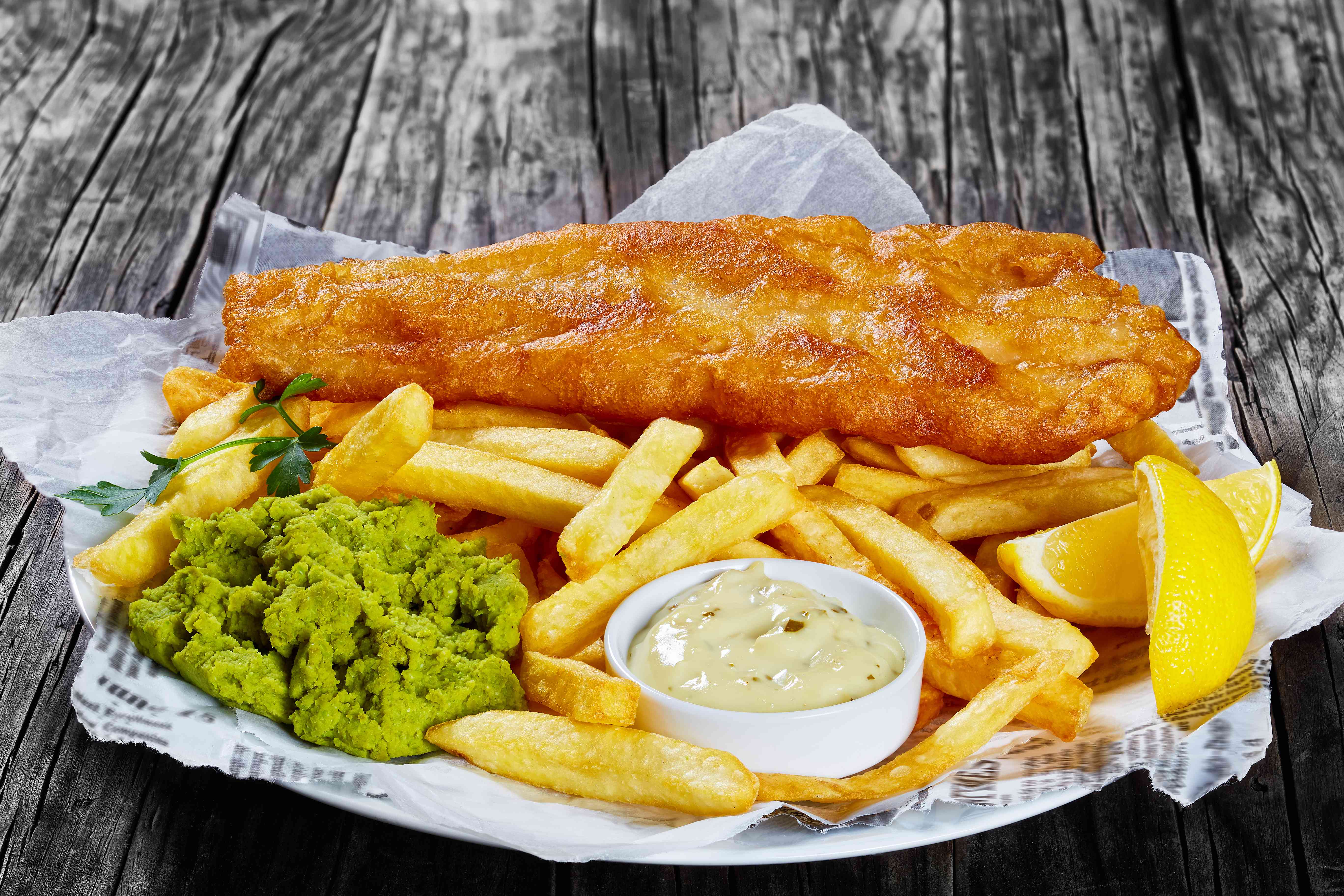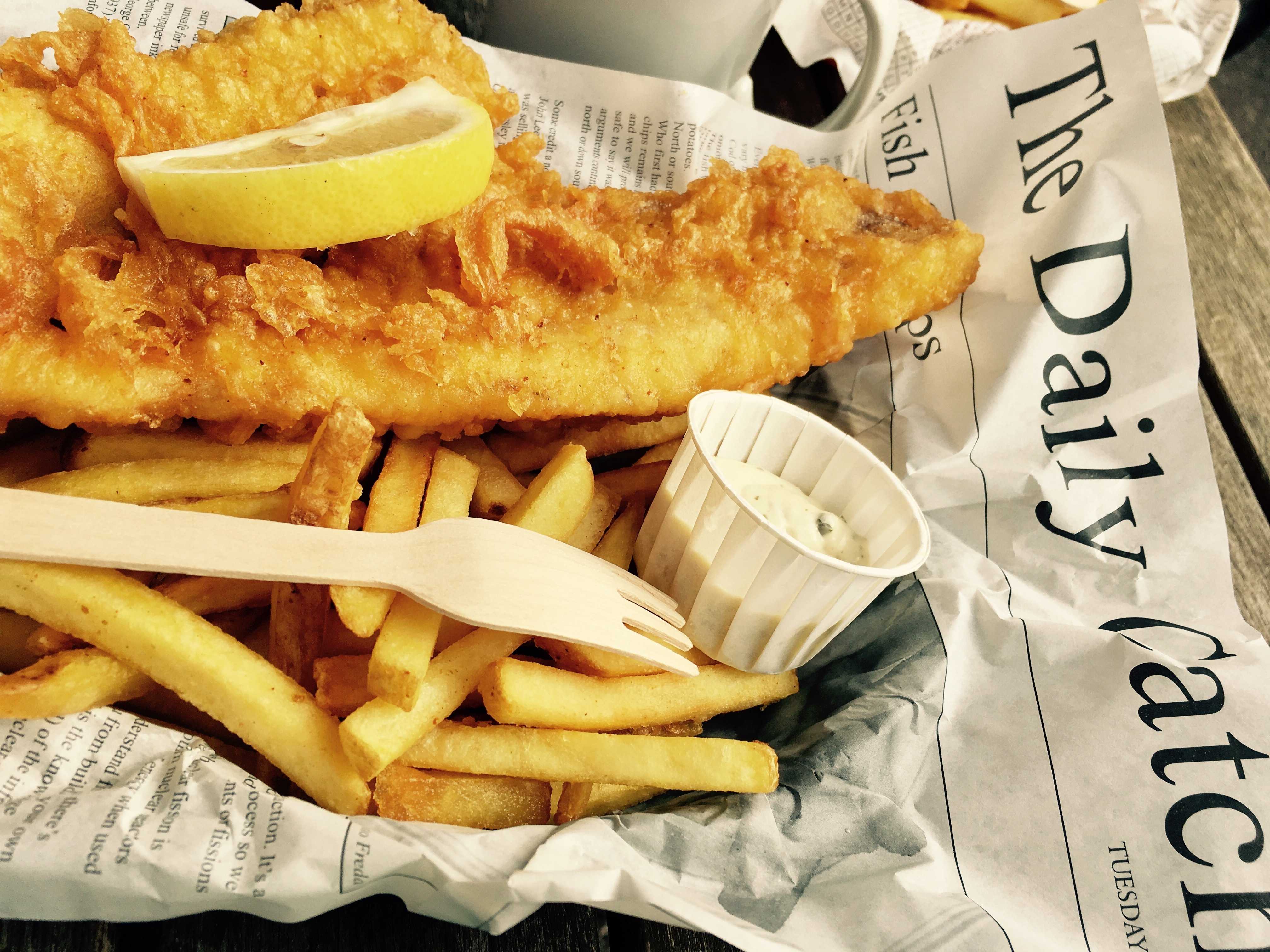Every kitchen needs cooking oil, but most people don’t know how to dispose of cooking oil correctly. For the safety of your business, the environment, and your household, it is crucial to handle and dispose of used cooking oil correctly. This includes storing it, using it, and collecting and recycling used cooking oil. Here’s a Frymax-approved guide on the correct way to deal with cooking oil disposal for both residential and commercial use.
The Food Safety Act of 1990
A significant element of environmental law that all food businesses in the United Kingdom must abide by is the Food Safety Act of 1990. The main objective of the Food Safety Act is to protect individuals from consuming food that might be harmful to their health. The Food Safety Act must be rigorously followed by every company that handles food, whether it is cooking, labelling, transporting, storing, or selling it.
According to the Food Safety Act of 1990, it is crucial for your restaurant to have authorised containers for storing leftover cooking oil. It is advisable to arrange collection and transport services to help with the removal of significant quantities of spent cooking oil for processing and recycling. Businesses must abide by the Food Standards Agency’s guidelines, which are laid out in the Food Safety Act of 1990, on how to dispose of cooking oil. Local authorities have the right to examine your property, and if they find that the Food Safety Act of 1990’s rules are being broken, they have the authority to issue fines or even shut down enterprises.
UK Stats and Initiatives
There are 6.7 million clogged drains in the UK each year, according to Thames Water. Here are some more startling figures on oil blockages and municipal expenses.
Around 366,000 sewer blockages occur each year in the UK, with more than three-quarters being caused by fats, oils, grease, wipes, sanitary waste, and other non-flushable items. Around £88 million is spent each year on clearing blocked sewers. Sewer blockages account for 80% of sewer flooding incidents in the UK, flooding more than 3,000 homes each year. On average, it costs £66 to hire a business to unclog a drain, but this cost could be significantly higher. Sewage pumping stations experience substantial issues with fat, grease, and oil build-up, which are very expensive to fix.
Thames Water has a campaign called Bin It – Don’t Block it, which encourages people to dispose of their waste correctly, as things like baby wipes, grease, and oil are a big problem. They give tips on how to dispose of cooking oil quickly and easily, urging people to make a “fat trap” from containers such as margarine tubs, plastic pots, and jam jars.
Can I Pour Cooking Oil Down the Sink or Toilet?
No drain, including those in sinks and toilets, should ever have used cooking oil poured down them. Oil solidifies in water and clogs pipes as a result. Cooking oil may block municipal sewer pipes and cause significant damage that can cost thousands to repair if it gets into the sewer. Collect them in a container like a jam jar or yoghurt pot rather than pouring them down the sink. After allowing them to cool and harden, immediately toss them in the trash. Additionally, your local council can have a unique method for getting rid of fat, oil, and grease.
The Hot Water Debate
It has been common practice in the past for people who handle cooking oil disposal by throwing it down the drain, to follow up the cooking oil disposal by pouring hot or boiling water down the drain as it is believed that oils and fats will be broken down by hot water and soapy detergents, keeping the pipe pure. This is false. Hoping for the best and throwing some dishwashing liquid and soda crystals at the problem won’t work if you’ve clogged your drain. This is because oils and fats can’t be dissolved by hot water and soap. It’s possible that the soap will actually harden in your pipes, clinging to other things and making the issue even worse.
Disposal of Cooking Oil: Rules for Domestic Homes
It’s simple to pour frying oil down the drain. But as mentioned earlier, it could result in major problems. There are several ways to get rid of old cooking oil safely. However, you must first always wait for the oil to cool. Pour or transfer the oil into a suitable container that can be sealed after it is cold and safe to handle. If the oil is the kind that solidifies, you may place it in the refrigerator or freezer once it’s cooled to room temperature until it does. The solid oil should then be removed and thrown in the trash. If not, put all of your oil in a container and bring it to the nearest recycling facility. It may be a good idea to verify the regulations at your nearby centre, however many now accept used cooking oil without question.
Septic systems are not equipped to break down oils and fats. Households that aren’t connected to the main sewerage system should be extra careful of what they pour down their drains. When oils enter a septic system, they will simply sit and accumulate over time. The congealed fat will eventually form a scum layer at the top of the tank that can slow down the decomposition process below and may also find its way through the outlet pipe. This is a common cause of septic tank failure and can prove to become an expensive fix.
Disposal of Cooking Oil: Rules for Businesses
For UK businesses in the food industry, it is a legal requirement to handle waste cooking oil properly. Failure to do so can result in lofty fines and, in serious cases, the forced closure of their businesses, leading to prosecution or an enforced cessation of trading. When UK businesses fail to dispose of their used oil safely it costs local councils thousands of pounds, blocking drains and causing environmental issues.
Making sure that used cooking oil is recycled is the most ecologically responsible way to dispose of it. To do this, your business needs to partner with a specialist that collects used cooking oil and either recycles it themselves or transports it to a facility that can. At the recycling facility, the oil will undergo an anaerobic digestion process. The breakdown of the cooking oil allows for its conversion into biogas, which may be used to power vehicles, heat water, and produce energy.
Storing Used Cooking Oil
When storing and disposing of leftover cooking oil, municipalities have regulations that must be adhered to, failing to do so might result in severe penalties or possibly the closure of your business. Businesses must also properly store old cooking oils on-site until a licenced trash carrier can pick them up. Businesses that produce used cooking oil must make sure that it is collected by a licenced waste oil management firm, that it is stored in a specified tank, and that it cannot leak from the storage containers. The improper storage of old cooking oils on your property might result in offensive odours and violate food hygiene regulations.
Other Uses for Used Cooking Oil
Your used cooking oil is nothing more than an unpleasant waste on its own. But it may become so much more if you recycle it properly. What precisely may they be used for now that you know recycling is the best way to reuse spent cooking oil? Let’s look at a few ways used cooking oil may be converted into fuel substitutes, animal feed, and various home goods and cleaning supplies.
Animal Feed
Leftover cooking oil is utilised as a feedstock for many kinds of animal and pet foods. Used cooking oil is used as animal feed for chickens and other livestock on an industrial scale since it provides a lot of calories and other nutrients when it is broken down and purified. Additionally, it can be added to pet food. In fact, there’s a strong possibility that the pet food you feed your dog or cat contains cooking oil to enhance flavour or keep their fur smooth and glossy.
Composting
Your spent cooking oil may be composted in tiny amounts depending on the type of oil. Because it is organic, vegetable oil is better suited for composting than other types of oil. But keep in mind that if you add too much at once, the process will be slowed down and a bad smell will be produced, luring pests like rats and other animals.
Soaps
You can also use the used cooking oil to make soap. The spent oil is a valuable component in the creation of several kinds of hand soaps, together with water and caustic soda flakes.
Lubricants and Life Hacks
Used oil is frequently used to lubricate a variety of home appliances, including creaking hinges, lock-and-key systems, and other items. Additionally, it can be used to prevent rust from building up. Used cooking oil may also be used to fuel household oil lamps. Actually, the procedure is fairly easy. A container, a wick, and a metal top are required. The lamp can run on its own strength from the spent oil. Paint may be extremely challenging to remove off surfaces or to wash off of your hands. Applying used cooking oil to the affected area will help remove paint from a variety of surfaces.
Sustainable Cooking Oil – Better for You and the Environment!
Frymax has been the UK’s number one choice in high-quality frying oil since 1954. In that time, the quality of ingredients used in Frymax has never changed, even as our commitment to sustainability has deepened over the years. We remain committed to supplying trans-fat-free, certified sustainable palm oil, sourced from suppliers that are just as committed to the RSPO’s principles as we are. For more information don’t hesitate to get in contact with the helpful Frymax team.
Become a Frymax member today to gain access to exclusive content, expert frying advice and the chance to enter our fantastic competitions.






